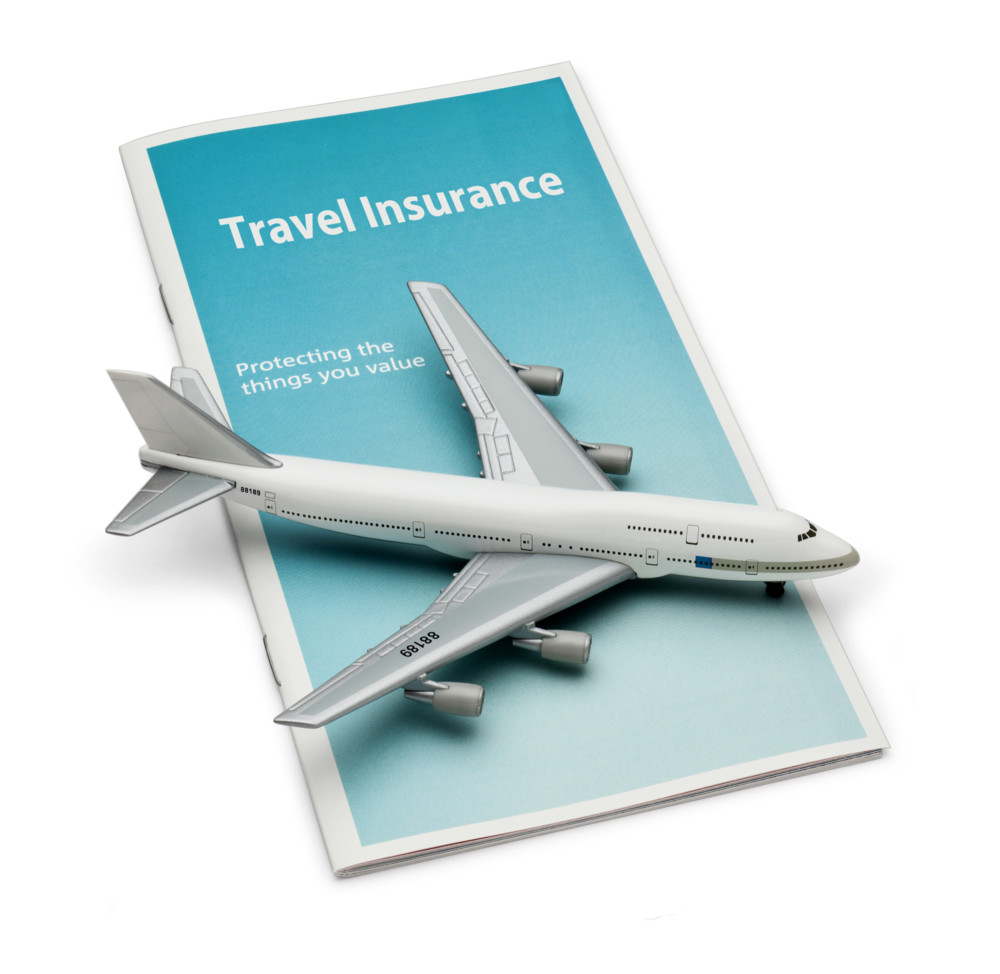By Beth Whitehouse
Newsday
WWR Article Summary (tl;dr) Air Ambulance insurance typically covers medical evacuation for an issue in which the student is hospitalized as an inpatient and will be accepted as an inpatient at the home hospital.
Newsday
Are your kids headed to a college more than 150 miles from home? Are they studying abroad for a semester? You might want to consider buying coverage that would fly them home in case of a medical emergency.
Such services typically cover medical evacuation for an issue in which the student is hospitalized as an inpatient and will be accepted as an inpatient at the home hospital as well, says Roy Berger, who grew up in East Meadow and is president and chief executive of Medjet Assist, one company that sells such coverage. “It is a hospital-to-hospital program,” Berger says.
Issues that could be covered include, for instance, a broken leg requiring an extended hospital stay, as well as a surgery parents prefer to have done at home, a viral situation in which a student would be hospitalized for a while, and a trauma injury such as a car accident.
“People sign up and think that if they get a stomachache in Paris, we’re going to fly them home,” Berger says. That’s not the case, Medjet, for instance, offers a Lear jet completely reconfigured as a flying ICU, he says. “It’s literally an air ambulance.”
Other such prepaid medical evacuation companies include AirMed International and Air Ambulance Card.
Memberships range in price from 14-day coverage of $115 to about $400 for an annual plan covering a family, says Brandon Bates, senior director of global strategy and partner relations for AirMed.
A full list of benefits and terms and conditions can be found on most websites or by calling the company’s toll-free number, Bates says.
The programs typically cover the evacuation only; they are not health insurance, Bates says.
Some general travel insurance policies will include evacuation options, but people should read the fine print carefully, Bates says.
People can also contract for evacuation when it’s needed, but at a much greater cost.














































































































































































































































































































































































